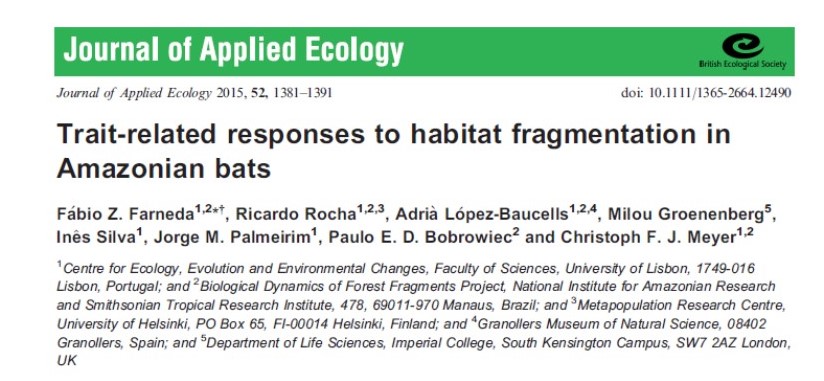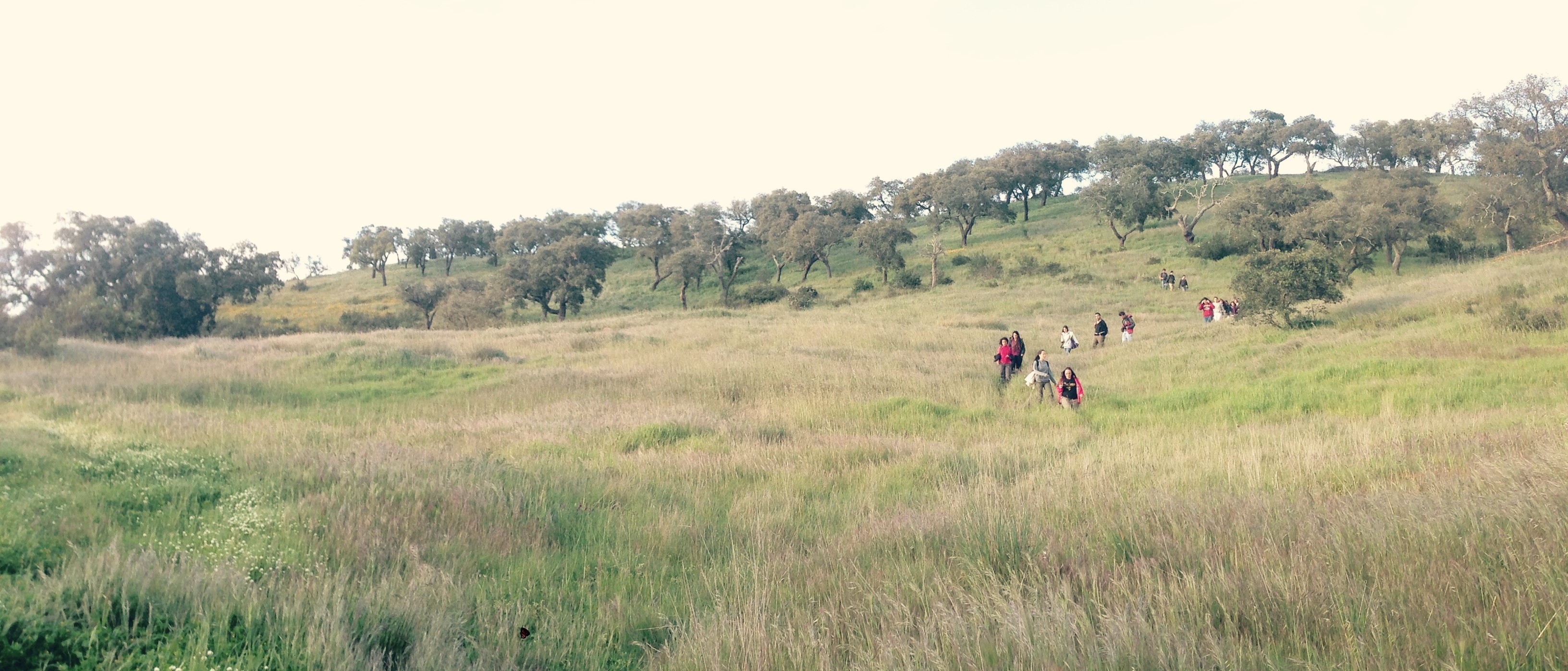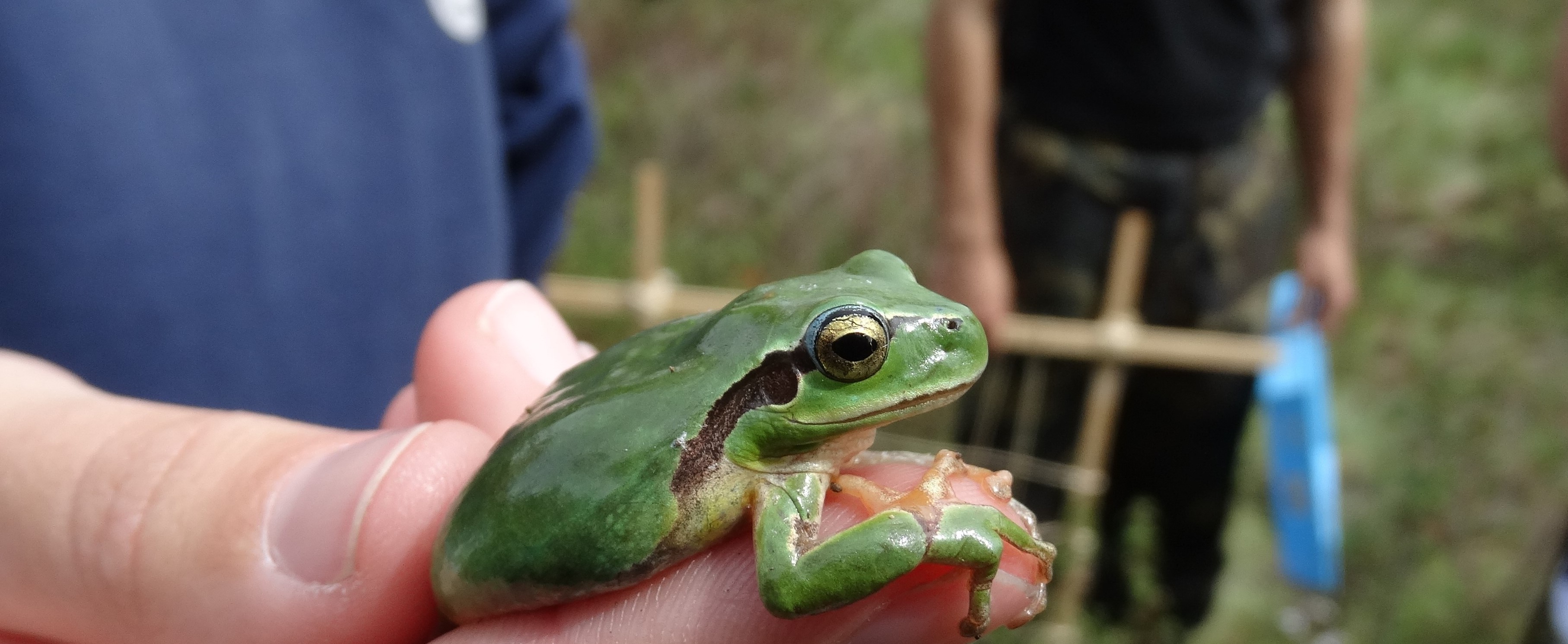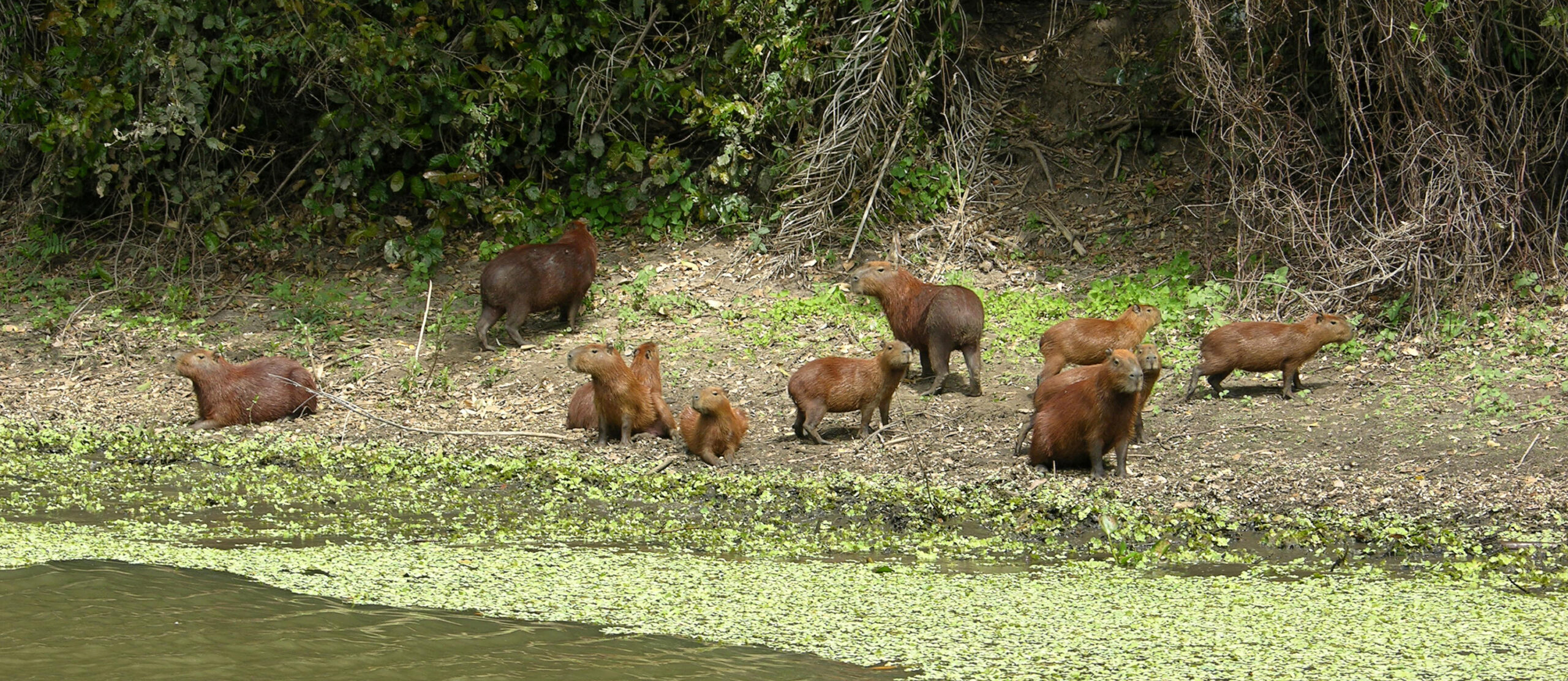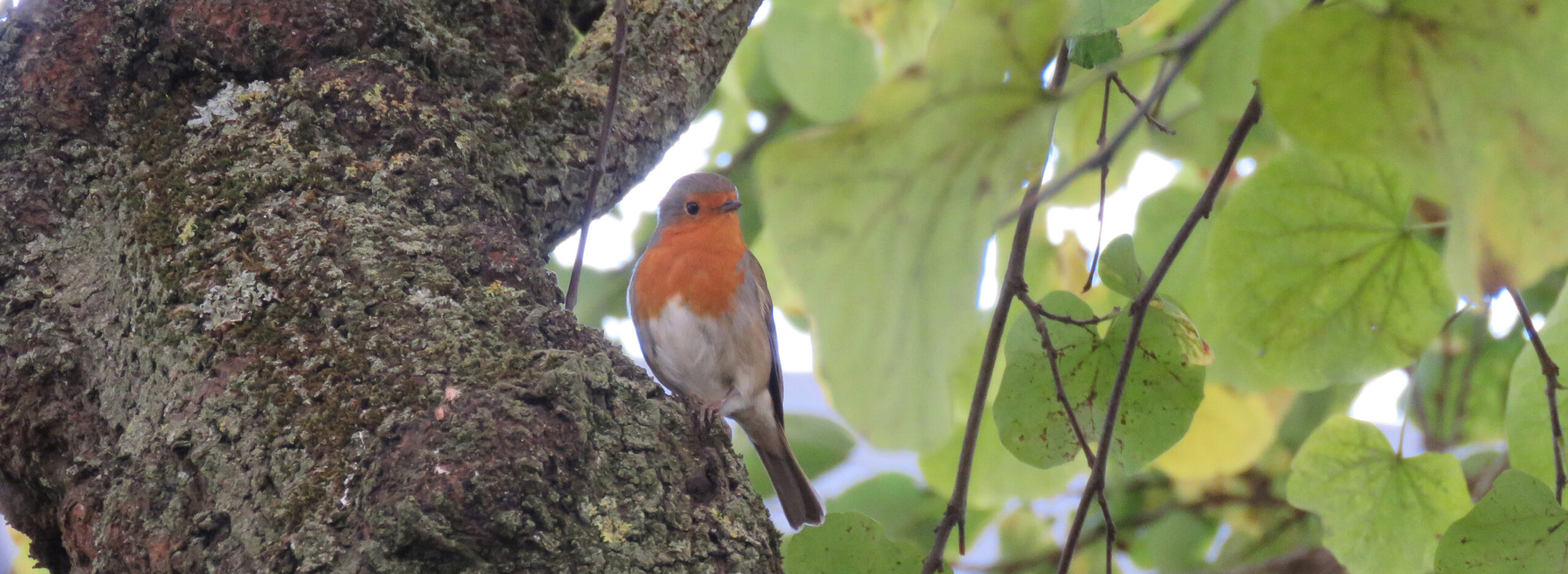Mohamed Henriques (15/16 class) just published the main results of his thesis in the journal Ostrich. During his thesis he drove >1700 km across the entire Guinea-Bissau and his results are the first for the entire country based on road surveys. A total of 33 species were counted and Mohamed found that Guinea-Bissau is still a stronghold for several birds of prey in West Africa, especially the hooded vulture. However many other species were scarce.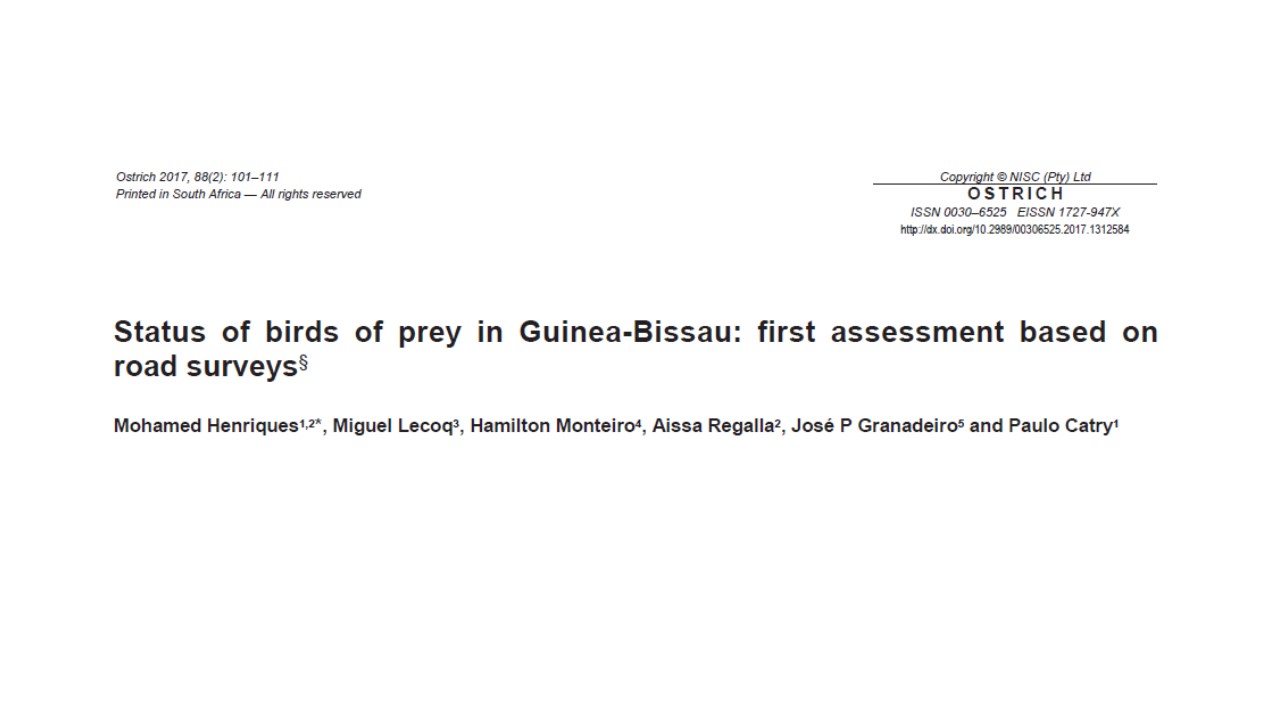
Will the largest green sea turtle colony in the Eastern Atlantic survive to climate change?
The MSc thesis of Ana Marques (class of 13/14) provided some of the most important results of a paper that was recently published in Marine Ecology Progress series.
The sex of sea turtle juveniles is determined by incubation temperature. Ana Marques worked on the Marine National Park of João Vieira- Poilão, Guinea-Bissau, in the island with the largest nesting colony of the green sea turtle in the Eastern Atlantic. Her work contributed to show that the selection of different nesting sites (exposed or protected from the sun) by the nesting adult females results in the production of balanced sex-ratios, even under a warming climate.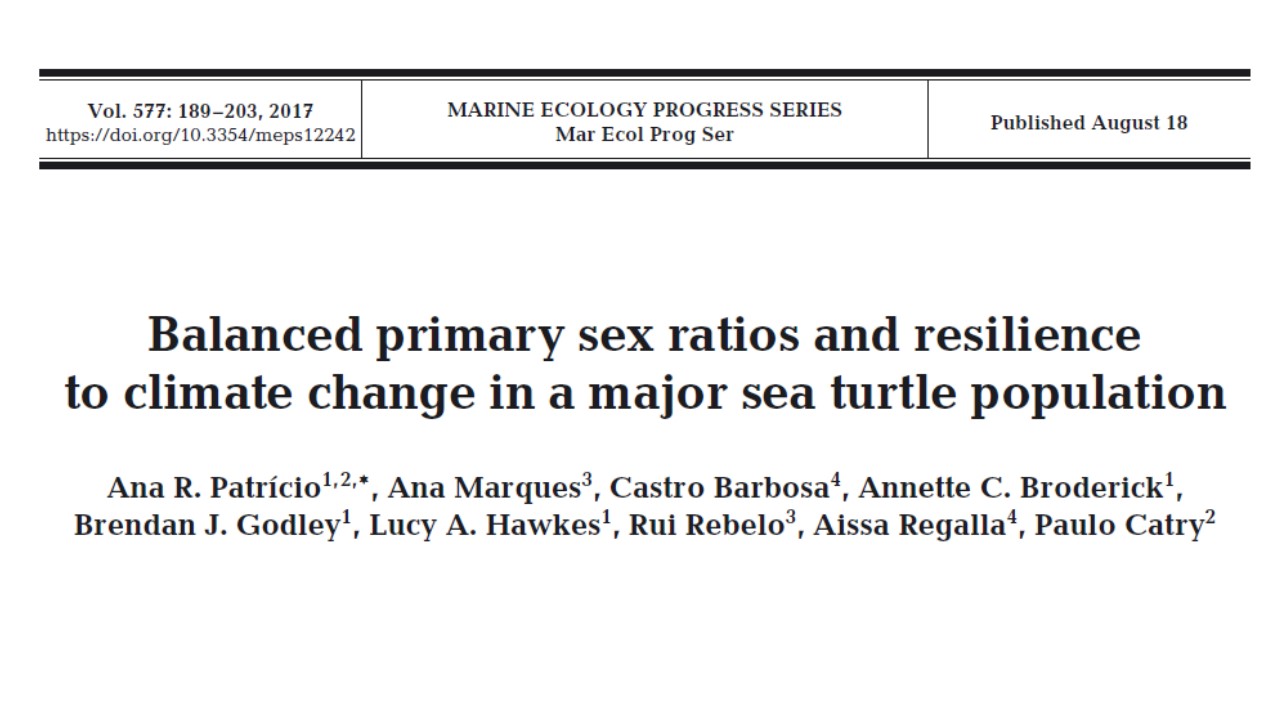
Do invasive species change their diet in their new ranges?
The thesis of Raquel Marques (2013/14 class) contributed to a work that compares the diets of an invasive species – the African clawed frog – on 6 different locations around the world, recently published on Peer J.
Her work shows that the Portuguese population depicts the most contrasting diet, which is related with the unique lotic habitat that was invaded by this species in Portugal.
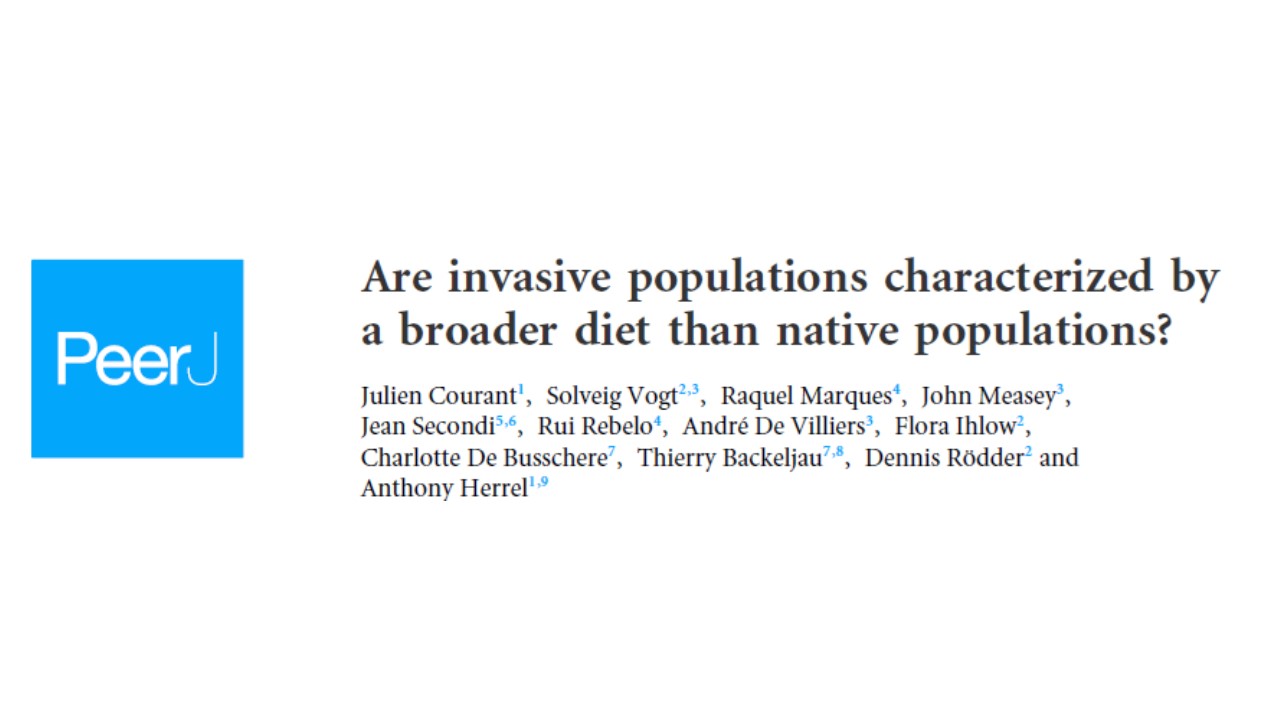
Management of Eucalyptus plantations can maintain micromammal communities
The MSc Thesis of Maílis Carrilho (2013/14 class) was published in Forest Ecology and Management and shows that Eucalyptus plantations that keep an understory layer can maintain micrommamal communities. However, some species that depend on particular resources, such as the common wood mouse Apodemus sylvaticus, dependent on acorns, is less abundant in these plantations.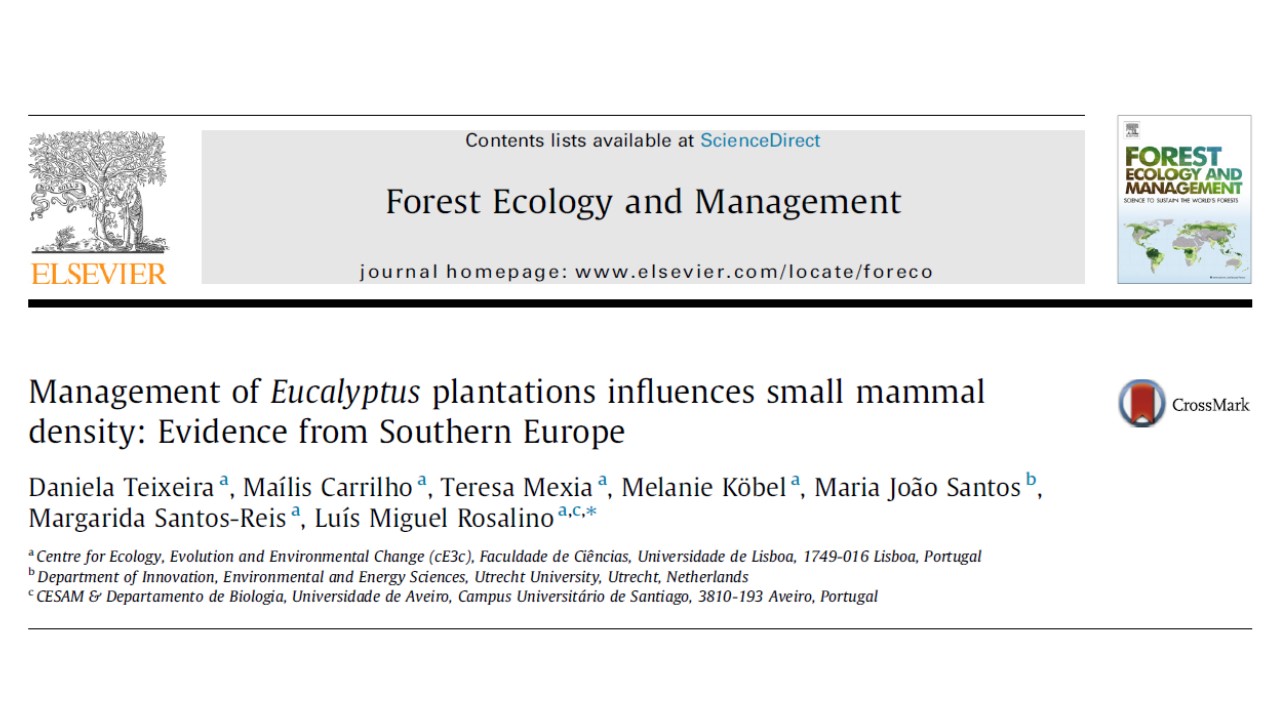
Amazonian bats response to forest fragmentation is modulated by season
The MSc thesis of Diogo Ferreira (2013/14 class) was recently published in Ecology & Evolution. His work showed that frugivorous bats response to forest fragmentation depends on season, while this pattern is not shown by animalivorous bats. This finding bears consequences for the management of forest fragments and cleared areas. 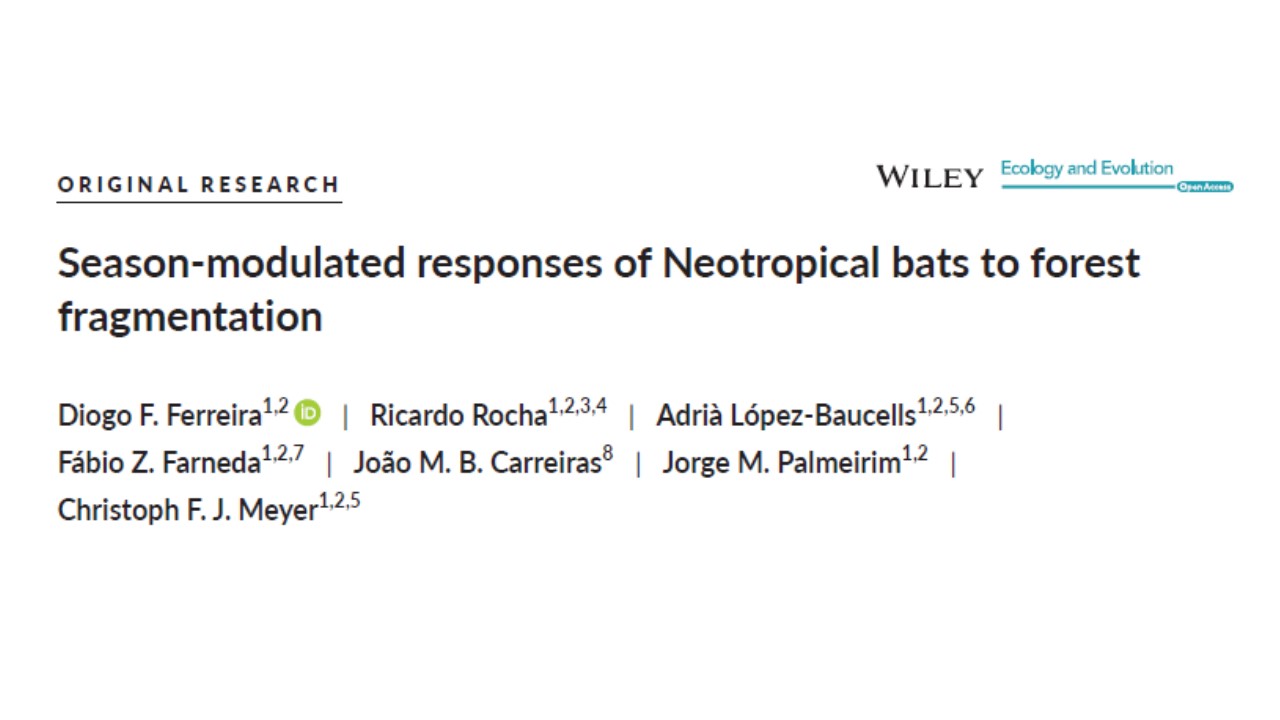
Tadpoles become more vegetarian when it is hot
The Msc theses of Nuno Gonçalves and Vanessa Pinto (class of 2012/13) contributed to the paper recently published in Ecology. Their work identified yet another effect of the current climate changes, and changed the knowledge of tadpole’s trophic roles in nature.
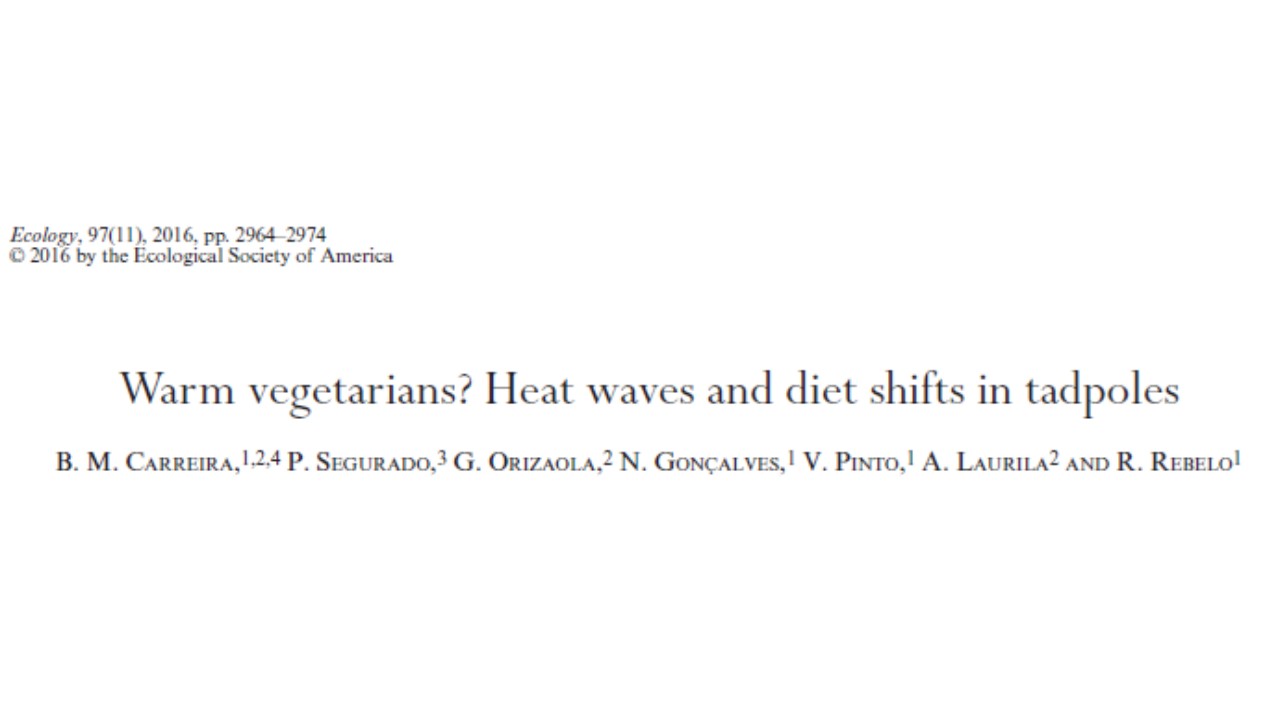
Effects of agro-forestry activities, cattle-raising practices and food-related factors in badger sett location and use in Portugal
The MSc thesis of Dário Hipólito (class of 12/13) contributed to explain the influence of human activities and resource availability on the badger choice of site to dig their setts. The work was published on Mammalian Biology.

To where do Bulwer’s petrels migrate during the winter?
The MSc thesis of Maria Alho (class of 12/13) contributed to solve a biological mistery – where do they go?
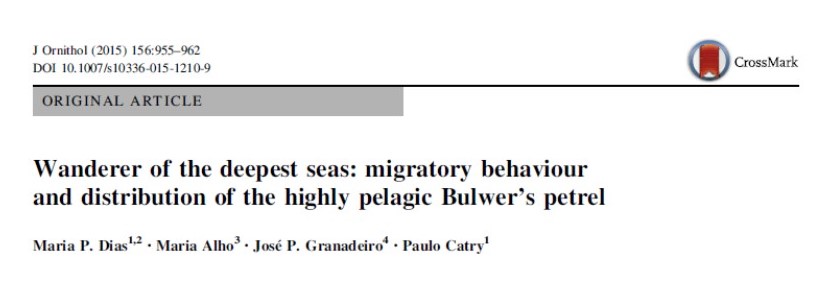
Responses of Amazonian bats to forest fragmentation
The MSc Thesis of Fábio Farneda (class of 11/12) constituted the main bulk of the paper that he recently published in the prestigious Journal of Applied Ecology.
